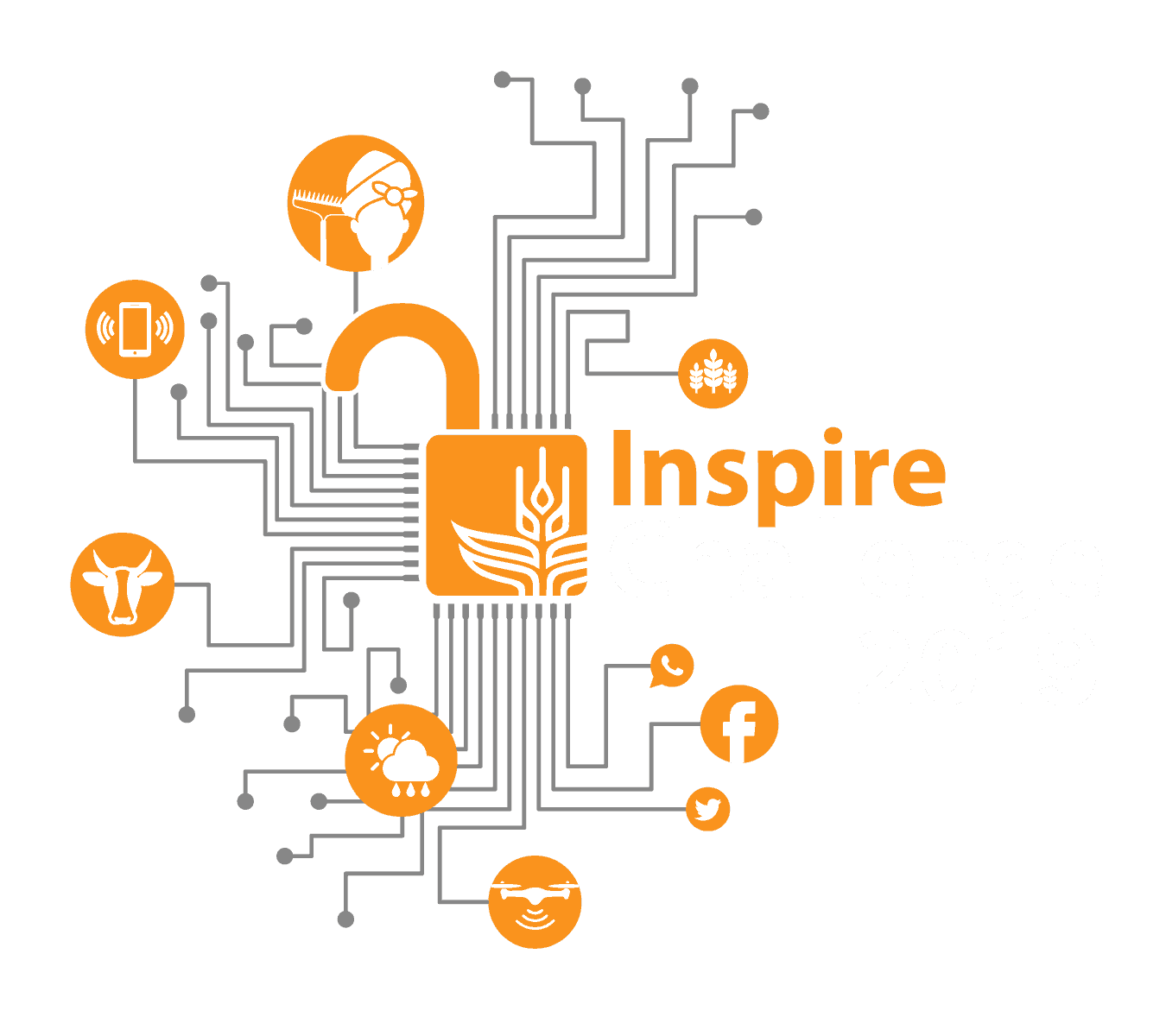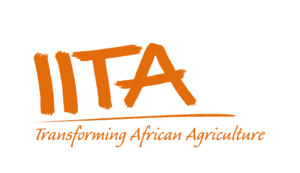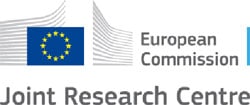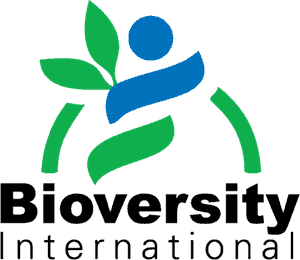2019 Finalist
Citizen-H2D3 for food and nutrition security
Rwanda

A shift towards nutrition-sensitive food systems is needed to promote and provide access to healthy diets. However, data on food systems are mostly short-term, fragmented, and static, thereby posing significant drawbacks for the formulation of location-based and time-relevant policies to alleviate food insecurity. Citizen-H2D3 is conceived as a (near) real-time system for monitoring dietary diversity in space and time, based on a citizen-driven spontaneous crowdsourcing approach in Rwanda. Nuanced and disaggregated insights into household diets will offer the Rwandan government and development agencies the needed information to solve critical food security issues.
Citizen-H2D3 will unravel the spatio-temporal dynamics of food and nutrition insecurity in Rwanda by generating robust data-driven insight that: i) leverages on easy-to-deploy ICT tools to collect spontaneous and rich data directly from citizens; ii) provides [near] real-time intelligence on household dietary diversity to engage relevant stakeholders and development partners; and iii) links rich georeferenced data on food and nutrition to biophysical, climatic, and socio-economic data, as a decision-support mechanism for interventions and investments on malnutrition, thereby providing a learning platform for understanding the direct and lagged interactions between extrinsic and intrinsic factors that underlie rural-urban food and nutrition security.
The project will utilize data acquired from the 845 USSD service and Smart Nkuganire Farmer subsidy platforms to build volunteer crowds (VCs). Prospective volunteer crowd members (VCMs) will be expected to complete surveys to reveal their dietary make-up from 10 food groups over the past 24 hours, including i) amount eaten (e.g. plateful, handful, cupful); ii) household members who consumed the food; and iii) source of food (e.g. produced, bought, gifted).
Citizen-H2D3 will be piloted as an ODK-based system for twelve months. As the system matures, it will evolve into an app-based end-to-end interactive system where users, rather than volunteers, could track their results, receive feedback, and access recommendations for improving household food security.
Partners
The Inspire Challenge is an initiative to challenge partners, universities, and others to use CGIAR data to create innovative pilot projects that will scale. We look for novel approaches that democratize data-driven insights to inform local, national, regional, and global policies and applications in agriculture and food security in real time; helping people–especially smallholder farmers and producers–to lead happier and healthier lives.







